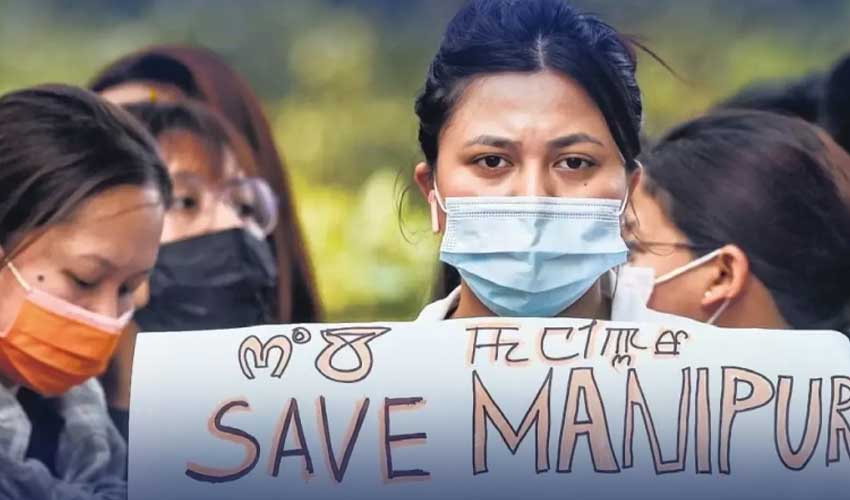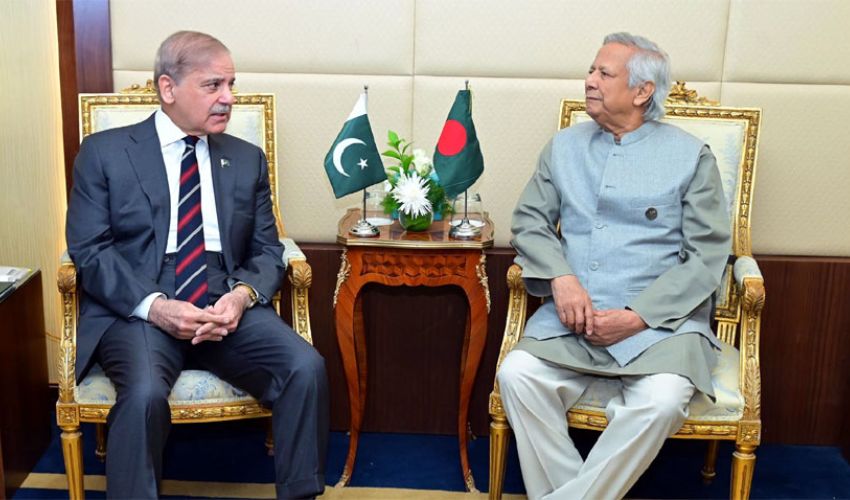The northeastern Indian state of Manipur has been grappling with ethnic violence for over 500 days, with recent incidents highlighting the ongoing crisis. The situation has reportedly escalated in the past two weeks, with the central government struggling to maintain control.
In a recent development, the mother of an Indian soldier fell victim to the latest wave of ethnic violence. The soldier expressed frustration, stating that while he had been protecting the country, the government failed to protect his mother.
Reports indicate that public lynchings, sexual assaults, and large-scale destruction of property, including churches, have become commonplace in Manipur. The conflict primarily involves the Meitei and Kuki tribes, with accusations of the Modi government supporting the Meitei tribe.
Bloodshed in #Manipur continues as #Modi govt remains silent.
— SAMAA TV (@SAMAATV) October 1, 2024
Violence is escalating, with a recent communal clash claiming the life of an Indian soldier's mother.
The soldier said, "I protect my country, but the Modi government couldn't protect my mother."#SamaaTV pic.twitter.com/uztVyReTfP
Since the outbreak of violence in May 2023, hundreds have reportedly been killed, over 60,000 displaced, and numerous homes, businesses, and places of worship destroyed. Prime Minister Narendra Modi has yet to visit the conflict-affected areas, drawing criticism from various quarters.
The U.S. State Department recently published a report on human rights violations in Manipur, which was dismissed by the Indian Ministry of External Affairs as "deeply biased."
Critics argue that the prolonged violence in Manipur reflects the Modi government's lack of prioritization of minority issues. Questions are being raised about the effectiveness of both the central government and the Indian armed forces in handling the situation.
The ongoing crisis has paralyzed normal life in the state, leading to increased scrutiny of the government's approach to managing ethnic tensions and protecting minority rights.


























